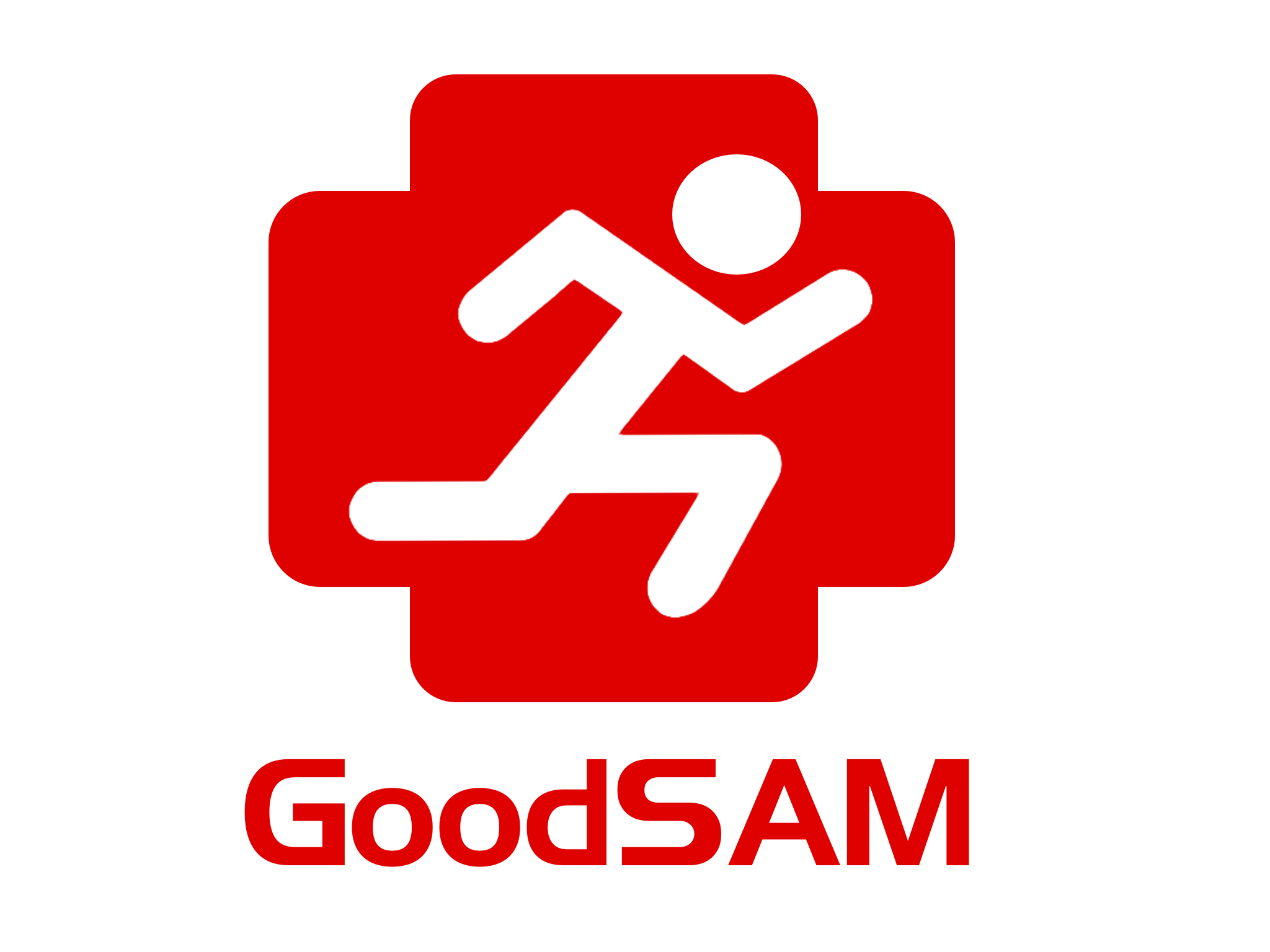 The GoodSAM (Good Smartphone Activated Medics) smartphone app saving lives in the UK has now landed in New Zealand, fully embedded into the St John and Wellington Free Ambulance emergency ambulance dispatch systems.
The GoodSAM (Good Smartphone Activated Medics) smartphone app saving lives in the UK has now landed in New Zealand, fully embedded into the St John and Wellington Free Ambulance emergency ambulance dispatch systems.
The app turns CPR trained members of the public into ‘Good Samaritans’, by enabling a community response to patients in cardiac arrest.
St John Medical Director, Dr Tony Smith, says by alerting community “Responders” to people nearby that are in cardiac arrest we can amplify the call for help.
“Imagine you are at home, a mall or other public space, and someone in the vicinity suffered a cardiac arrest. You were able to respond and help, but you just needed to be alerted. Wouldn’t you want to know? Well now you can,” he says.
Outcomes from cardiac arrest are dramatically improved when a patient receives immediate CPR and defibrillation within the first few minutes. Emergency services can’t always arrive that quickly, but it is likely that someone who knows CPR and how to use a defibrillator is nearby and able to help.
Wellington Free Ambulance Medical Director, Dr Andy Swain, says that recognising when someone is in cardiac arrest, getting straight into administering CPR, calling 111 for help and using the nearest defibrillator (if available) is key.
“Cardiac arrest can happen to anyone at any time. In New Zealand about 2000 people per year are treated for cardiac arrest and only approximately 15% survive. Survival is largely due to the quick actions of bystanders initiating help within the first few minutes. For every minute without CPR or defibrillation, survival decreases by 10 percent,” he says.
GoodSAM is a free app that alerts registered “Responders”, allowing them to possibly save a life by providing CPR and, where possible, using a automatic external defibrillator (AED) prior to emergency services arriving.
When combined with bystander CPR, the use of an AED can more than double the chances of survival. Community AEDs are available for the public to use in emergencies, with the device talking through the instructions to ensure the user can focus on the patient.
The GoodSAM app was developed in London and has been implemented by a number of ambulance services around the world, and is now available to everyday Kiwi’s willing to make a difference.
“The more people who download the app, the more coverage we will achieve across New Zealand, and the more likely we are to improve outcomes from cardiac arrest,” says Dr Smith.
Trained frontline personnel within St John and Wellington Free Ambulance have been using the app since December with Fire and Emergency New Zealand, and DHB healthcare professionals now coming on board.
The implementation of the app was part-funded through a generous $35,000 donation by The Gift Trust, and rollout of the app in New Zealand is supported by the New Zealand National Cardiac Network and the New Zealand Resuscitation Council.
The app is available for free from the Google, Apple and Microsoft App stores, and further information is available at www.stjohn.org.nz/goodsam.
--ENDS--